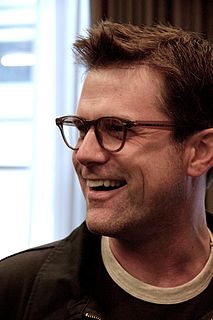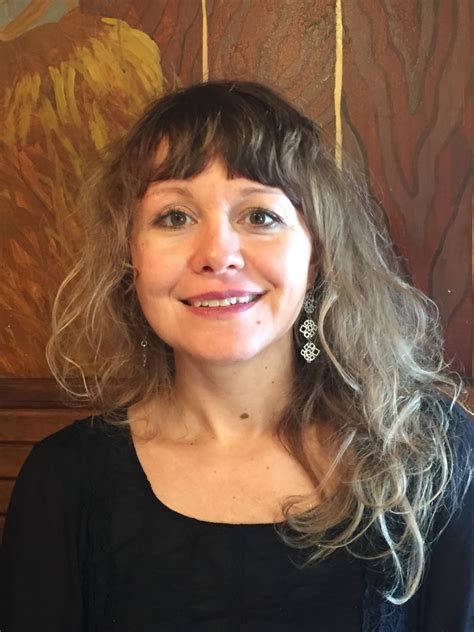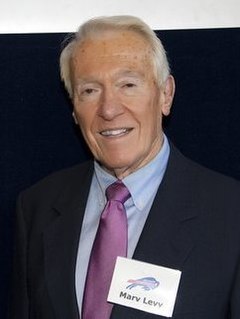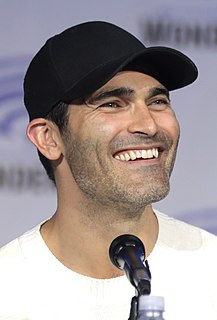A Quote by Merlin Mann
I think all of the best nonfiction that has ever been made comes from the result of someone who can't stop thinking about a certain topic - a very specific aspect of a certain topic in some cases. And second, they got really good at figuring out what they had to say about it.
Related Quotes
I think you can blame certain police officers for certain behavior, you can blame certain departments for certain behavior, and power and so forth, but, ultimately, I'd say it's about us, and it's about society, and I say - even if its sounds a little controversial - put the police aside for a second. It's really not about them. It's about the game that's been created to keep the status quo going and to let the people who own it all gain from the game.
I have found, for example, that if I have to write upon sum rather difficult topic, the best plan is to think about it with very great intensity-the greatest intensity of which I am capable-for a few hours or days, and at the end of that time give orders, so to speak (to my subconscious mind) that the work is to proceed underground. After some months I return consciously to the topic and find that the work has been done.
It's funny to hear how much certain people resist the lip ring. Sometimes I'll do a piece on an important topic and all the YouTube comments will be about the lip ring. I don't really have a good answer for why I got the lip ring. I just wanted it! But I've had it for a million years. I got my lip pierced when I was like 15.
I don't know the history of hating communism in America. I've always been interested in it, and I've thought about studying it in the past, but I've just looked into other topics first. That certainly sounds like a good topic that we could do on the show. I think it would be really interesting. We would just need to spend a lot of time researching it, getting into it, running down that topic. So I'll take that as a really good pitch for a future episode.
Bullshit is unavoidable when circumstances require someone to talk without knowing what he is talking about. Thus, the production of bullshit is stimulated whenever a person's obligations or opportunities to speak about some topic exceed his knowledge of the facts that are relevant to that topic. This discrepancy is common in public life, where people are frequently impelled-whether by their own propensities or by the demands of others - to speak extensively about matters of which they are to some degree ignorant.
A cardinal rule of writing is never interrupt yourself to explain something. If you must bring up an obscure topic, drop informative hints about it as you go along so that you don't end up with the entire explanation all in one place. This keeps you from skidding to a stop and sounding teacherish. Otherwise it's better to omit the obscure topic altogether, or as mothers might put it: if you can't say it interestingly, don't say it at all.
I'd been asked by Takashi Murakami to collaborate on something, which was an honor for me. I was really pleased. And then he had me as a guest speaker on his radio show, and we were talking about art. I don't think he knew I was interested in the topic - he was really surprised to find out that I own some original Andy Warhol and Gerhard Richter and Jean-Michel Basquiat works. So, in some ways, I think he simply wanted to see what I have.
I think that the work that's left to be done - and I see the end in sight at this point - is to just let go and stop talking about it. It's definitely 'stop talking about the whole size thing.' I don't go to my girlfriend's house and say, 'Hey, I'm your big friend, let's talk about big things.' It's not a topic of conversation within my friend group - I'm ready for society, Hollywood, the press, magazines, everyone, to just catch up and say, 'These women are just like the women we've been using for so long. Let's just throw them into the mix and stop talking about it.'
I love telling stories, I love for someone to see something, and go, "Oh, wow, I've never thought of it that way." Because I've had those moments in my life, where I go, "Oh, my God, I've never looked or approached this topic and had that insight or had that idea come to mind," to where it changes your life, it changes the way you see certain things. I love that. I think that's such a cool thing that we get to do by sharing stories, whether they're fiction or nonfiction.

































